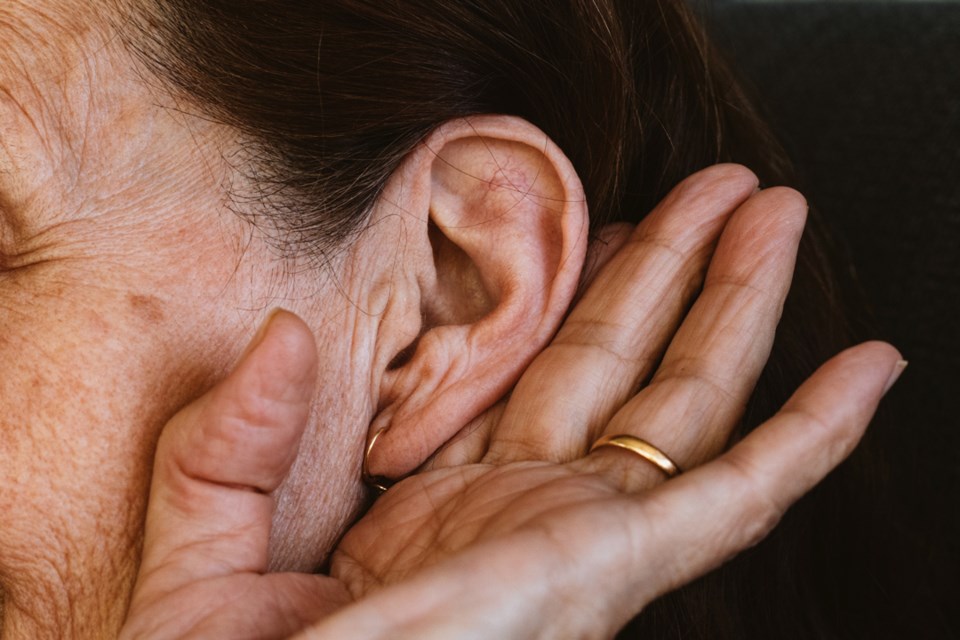SOUTHEAST SASKATCHEWAN - The connection between dementia and hearing loss is not completely known but some contributing factors are obvious.
Due to the hindrances to one of the senses, the cognitive engagement of the brain is diminished and the brain does what every unused muscle does over time, which is atrophy. The sooner an elderly or hearing-impaired person can get help and tools like hearing aids, the sooner one can stave off loss of mental faculties.
Hearing loss can happen so gradually that one might not notice it at first. It can begin with having trouble following conversations in loud spaces or when watching the TV, especially if there is more than one layer to the program going on, such as music and dialogue. You might find that you are straining to hear and might be guessing or filling in the blanks yourself on what you think may being said.
Hearing impairment leads to changes in the brain function and the physical structure, as well as overall reduction in social relationships, all of which leads to cognitive impairment and dementia. Hearing loss is in fact a natural occurring solitary confinement for the elderly and vulnerable, which causes psychological and mental distress, as well as general low quality of life.
The risk to dementia due to hearing loss is present even with mild hearing impairment and the risk only increases the more severe the hearing loss becomes. Doctors that cited their research in The Lancet questioned almost half a million people on this connection. They found that “eight per cent of dementia cases could be prevented with proper hearing loss management, our findings highlight the urgent need to take measures to address hearing loss to improve cognitive decline.”
Loss of hearing keeps a person isolated from the world around them, limited to their own head or voice. They can quickly become disassociated from the world at large and grow depressed or despondent. Finding a hearing aid that the individual can easily apply is also key, because if they are uncomfortable or overly complicated to put in, people will be less likely to use them.
It is believed that only a small percentage of adults who need them use hearing due to stigma, shame or just the added expense. Remember much like with glasses, hearing aid are very particular to the individual. Even though some might be able to order online, it is a good idea to consult with a hearing professional.
Being proactive in this regard is always better than reactive due to the brain decline not always being something an individual can fully come back from




